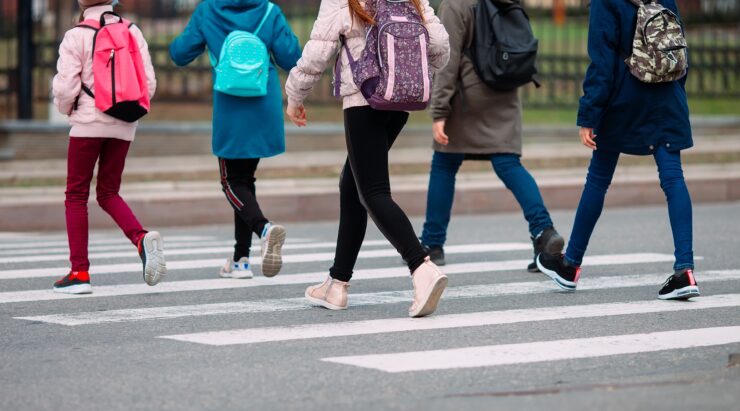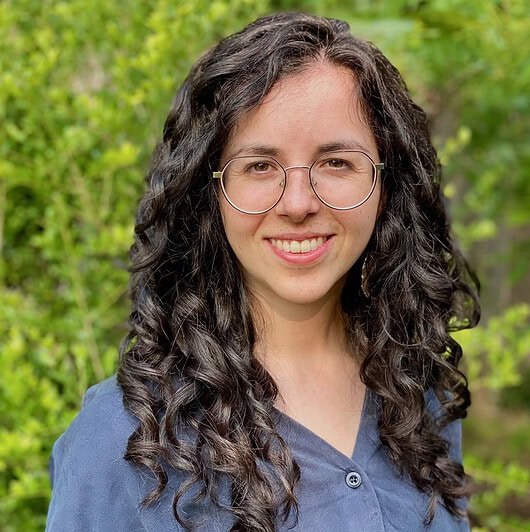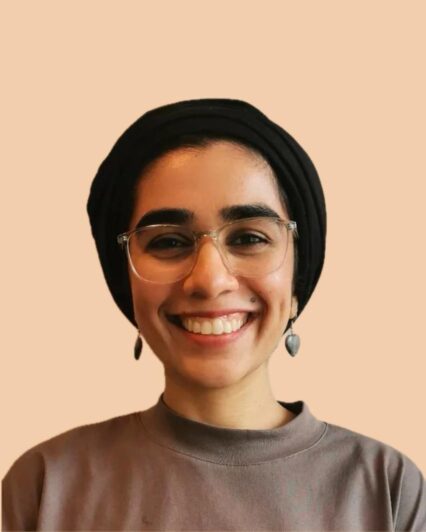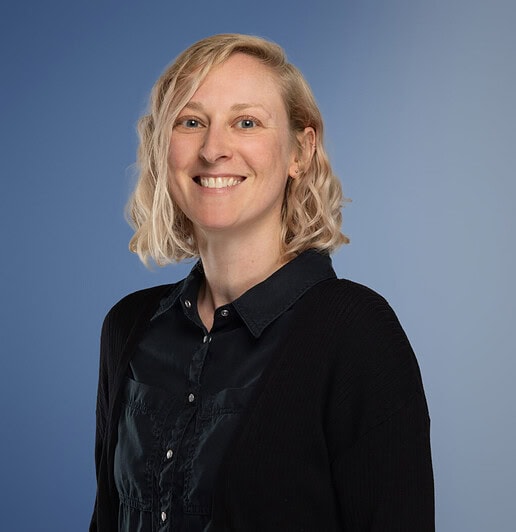Do educational interventions increase equality?
Focusing on individual students and ignoring structural factors may reinforce inequality

Efforts to improve educational equality can frame individuals as deficient rather than changing the structures that surround students, as Allison Zengilowski and Irum Maqbool have both noted. In a conversation with Annie Brookman-Byrne, Allison and Irum explain how social-emotional learning programs can create meaningful change by taking the blame away from students.
Annie Brookman-Byrne: How did each of you end up working on educational inequality?
Allison Zengilowski: After completing my PhD in educational psychology, I accepted a research position that involved helping to design and evaluate a 6th-grade math curriculum with a focus on executive function development. I started collaborating with colleagues who had strong foundations in cognitive and developmental psychology, and we talked about how research in the US often focuses on improving individual children’s educational achievement while ignoring the role of broader contexts and systems. Our work in schools and our conversations with local teachers and administrators motivated us to share with researchers how a focus on individuals can harm students and impede structural change. We hope to see more community-based research partnerships aimed at achieving sustainable change to meet the needs of young people.
“A focus on individuals can harm students and impede structural change.”
Allison Zengilowski
Irum Maqbool: I worked in young people’s mental health in an educational setting, and was inspired to study how young people experience social relations. For my doctoral research, I looked at how wellbeing initiatives are designed and delivered in educational systems, especially in South Asia. My PhD colleague Surya Pratap Deka was focusing on a similar area, and was approaching the topic of wellbeing through an anthropological lens as well. Together we decided to examine research that looks at the links between wellbeing and education inequalities. We wanted to contribute to education research in South Asia with the goal of ensuring that those who face barriers to accessing support are not seen as deficient. Instead, researchers should recognize existing structural issues.
ABB: What is the key argument in your recent paper?
AZ: When psychological research focuses on differences between students, it can reinforce educational inequality.
Inequities in education are deeply rooted in historical legacies, such as slavery and colonization in the US and persistent structural and social inequalities in the Global South. Issues like COVID-19 and climate change have further worsened disparities, particularly for marginalized students.
“When psychological research focuses on differences between students, it can reinforce educational inequality.”
Allison Zengilowski
Researchers often acknowledge the role of the environment and the structures around children, yet many interventions seek to improve outcomes by focusing narrowly on students. For example, a mindfulness intervention might be implemented for the purpose of increasing wellbeing. However, if a student’s wellbeing is threatened by a lack of food, affecting the student’s physical and mental health, practicing mindfulness will not address the underlying issue. At best it will produce a temporary improvement.
Moreover, interventions developed in Western contexts are often treated as universally applicable. These approaches may overlook cultural and structural differences, shifting responsibility onto individuals, and when they don’t work, systemic issues are ignored. As a result, disadvantaged youth are further marginalized by blaming them for the challenges they face.
While interventions that focus on students are easier to implement than structural changes, and rewarded in academia, they are insufficient. It is more effective to take a combined approach that addresses both structures and individuals, taking into account the needs and strengths of local communities. Researchers could design more responsible studies and foster sustainable change that addresses structural inequalities by valuing and incorporating knowledge from the community.
ABB: How might this combined approach work in practice?
IM: Social-emotional learning can be integrated into curricula in a way that does not further disadvantage communities that have historically been marginalized, or are vulnerable to marginalization. We recommend embracing a contextualized and nuanced understanding of Indigenous practices, and integrating this valuable knowledge to help policymakers reflect on best practices to design curricula that suit the populations they serve.
School-based social-emotional learning programs can perpetuate structural issues in an often strained education system. Programs should be designed to ensure that individual students, teachers, and other members of a school community are not seen as deficient.
“School-based social-emotional learning programs can perpetuate structural issues in an often strained education system.”
Irum Maqbool
ABB: What impact has working on this topic had on you?
AZ: It has informed how I teach courses, especially those that focus on research methods or require students to conduct their own projects and investigations. I make sure students recognize that the questions we ask hold a great deal of power, and that responsible research needs to build from community knowledge. Our research should not be motivated by a desire to further ourselves and our agendas, and we need to work within communities to create meaningful change.
This work has spurred my colleagues and me to investigate how graduate programs can prepare the next generation of scholars to adopt critical and community-based methods. By integrating more structural or systemic perspectives into my teaching and research, I hope to promote positive, sustainable change.
IM: Working on this research has informed my understanding of decolonial approaches in psychology and shaped the way I view research on wellbeing and youth identity formation. I have cultivated a critical understanding of mental health and wellbeing, which has informed my research with young people and my teaching. I am now looking for avenues to make mental health and wellbeing programs more equitable, so that students are not blamed and their needs remain at the forefront.
Footnotes
Allison Zengilowski is a Teaching Assistant Professor at Lehigh University in Pennsylvania. She researches how people think about their own learning, integrating cognition and metacognition, motivation and emotions, and identity and context. She is passionate about supporting current and future scholars in learning to use responsible and critical research methods.
Allison’s personal website, and Allison on Bluesky
Irum Maqbool recently completed her PhD in Education with a focus on young people’s everyday experiences in their immediate communities. From a sociological and psychological perspective, she explores questions related to gender, precarity, and identity formation. She is inspired by narratives of young people showing how they navigate their everyday social and material realities, especially in the Global South and disadvantaged settings.
Irum on LinkedIn, and on Orcid
Allison Zengilowski and Irum Maqbool contributed to a special collection on understanding and addressing inequality in education in the journal npj Science of Learning. Surya Pratap Deka, Jesse Niebaum, Diego Placido, Benjamin Katz, Priti Shah, and Yuko Munakata are collaborators on their paper. This interview is part of a series dedicated to sharing practical takeaways and personal insights from authors.
The interview has been edited for clarity.



